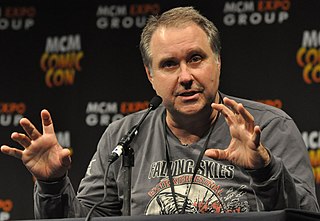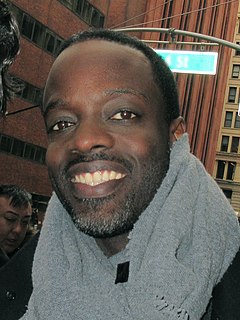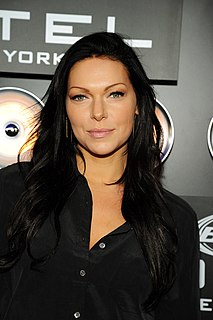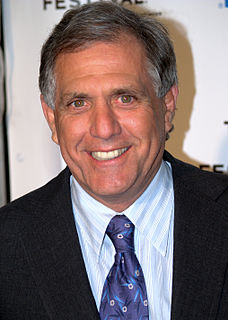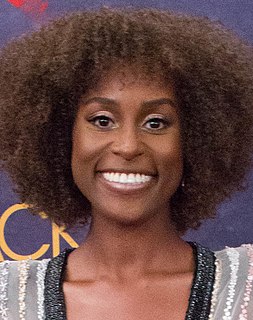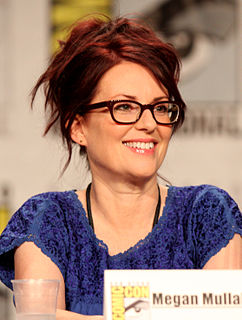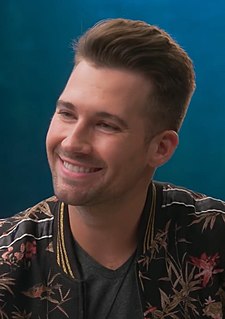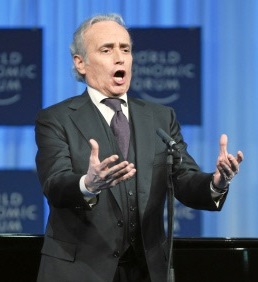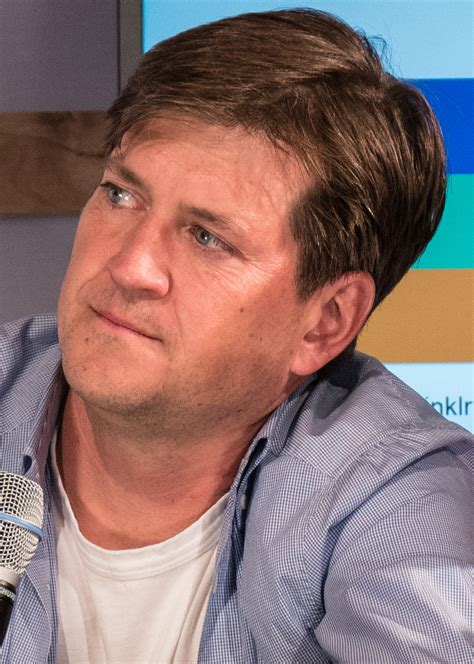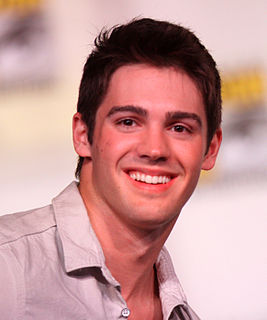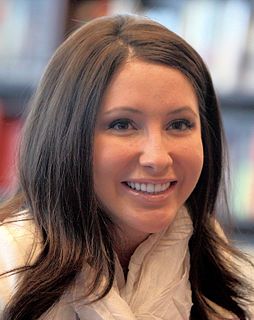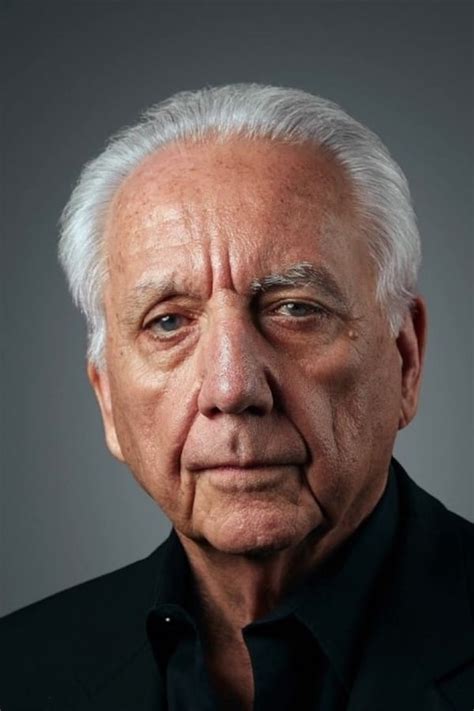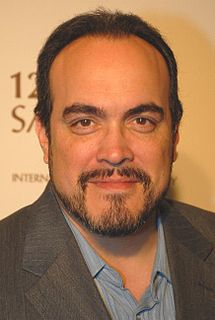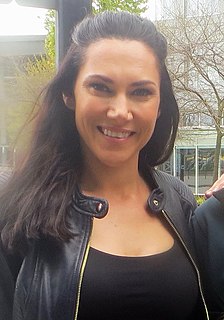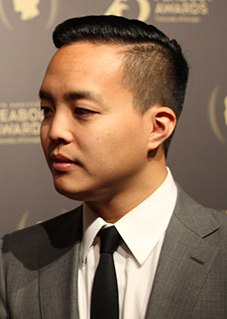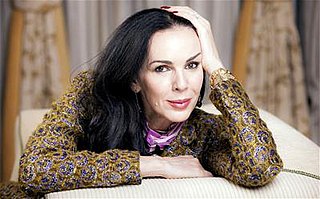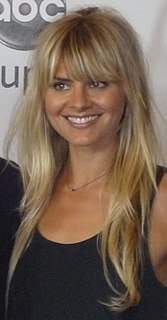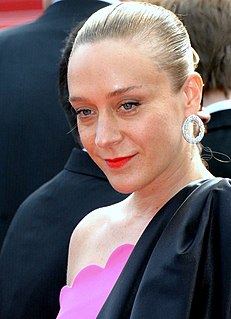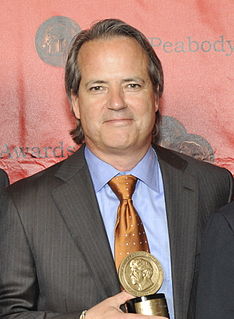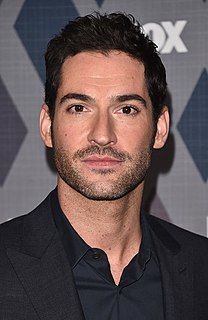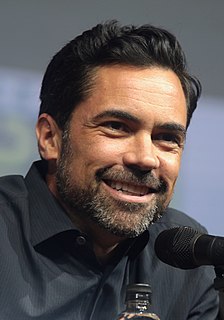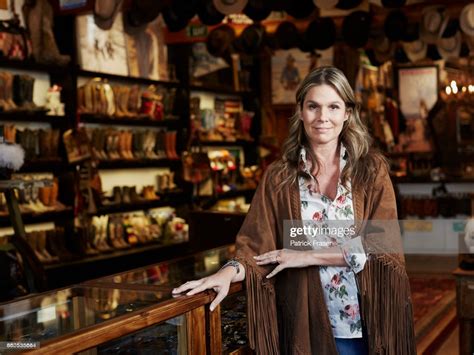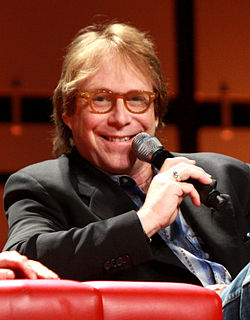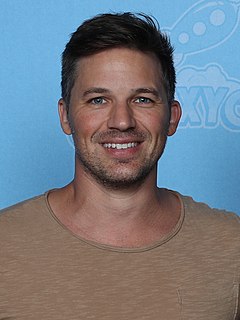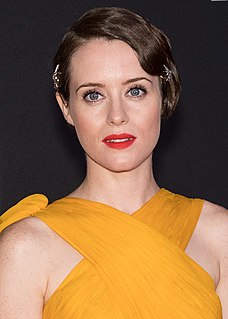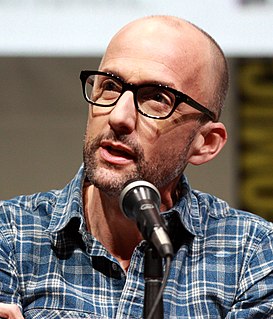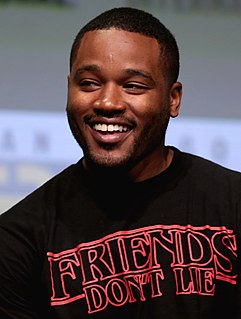Top 622 Episodes Quotes & Sayings - Page 9
Explore popular Episodes quotes.
Last updated on April 21, 2025.
'Copper' is my first period piece. It's funny because I've been doing a lot of episodes of 'Elementary' with Johnny Lee Miller and Lucy Liu; they keep bringing me back on the show, and so I go from being an outstanding black doctor to being a kind of hood, ex-car thief who went through rehab in 'Elementary.'
Ms. Sciorra is a member of a dwindling fleet of actors who actually sound like they come from somewhere. In her case, 'somewhere' is Brooklyn. In most movies, and perhaps especially in a handful of singeing 'Sopranos' episodes, 'somewhere' makes her vital. She's what you'd call an around-the-way girl.
I understand why creative people like dark, but American audiences don't like dark. They like story. They do not respond to nervous breakdowns and unhappy episodes that lead nowhere. They like their characters to be a part of the action. They like strength, not weakness, a chance to work out any dilemma.
I think they [TV productions] were just kind of drying up. I'd done a couple of episodes, but nothing was happening. So I went to Vancouver to visit a buddy and see what was going on, and that year was crazy. Vancouver was on fire at that point. It was all these Stephen J. Cannell productions - The Commish being one of them - and in one I was a bartender, and I think I had five lines.
'Northern Exposure.' I loved that show; I loved the way it was able to have episodes where somebody finds a woolly mammoth, he calls the museum in New York, they send a guy out, and the mammoth's gone because someone ate it. To me, that was everything I ever wanted to do. That show mixed emotion, humor and the surreal all at once.
But, my dear, so few things are fulfilled: what are most lives but a series of incompleted episodes? 'We work in the dark, we do what we can, we give what we have. Our doubt is our passion and our passion is our task...' It is wanting to know the end that makes us believe in God, or witchcraft, believe, at least, in something.
The USDHEW calculates that 7% of all patients suffer compensable injuries while hospitalized .....One out of every five patients admitted to a typical research hospital acquires an iatrogenic (Caused by the treatment process) disease, one case in thirty leading to death. Half of these episodes result from complications of drug therapy; amazingly, one in ten come from diagnostic procedures.
In the classic 70s episodes, Columbo is rarely seen on his own. We typically do not see Columbo 'for himself,' only for the criminal, leaving the possibility that the entire Columbo persona - his shambling manner, his absent mindedness, even his references to his wife - may all be a performance designed to disarm the murderer.
Speaking theoretically, in a completely made-up world where 'Will & Grace' is coming back to NBC for 10 episodes - just in that made-up world - it couldn't be a better time. I think more so now than even when we started! And who would have ever - I mean, it's heinous that it's because Donald Trump is the president-elect.
There was a time when I was offered two episodes of 'Alias,' that show with Jennifer Garner which J.J. Abrams did back before he became the mega producer and super successful director. I instead decided I wanted to play this family guy on a short-lived UPN 'Second Time Around.' It starred Boris Kodjoe and Nicole Ari Parker.
I think what people watch television for is the emotional continuity, from episode to episode, and feeling that the experience that they had, four episodes ago, has actually been building to an episode that comes later, and knowing that the characters are growing, as a result of that, and making mistakes, is really, really important to the way people connect to television.
I like the end of the year to be about something. Especially with younger shows, the network pushes you to make self-contained episodes; they don't like them to be serialized: 'We want this one to be funny for someone who's never watched it and will never watch again.' And I go 'Why would anyone want to do it like that?'
I want to play Nightwing real bad. I worked with [Arrow creator] Greg Berlanti a while ago on a show called Everwood and jokingly I tweeted him saying, 'Hey, let me come play Nightwing for a couple episodes.' And somebody wrote an article about it, so I was like, let's make it happen, but I haven't heard anything about it yet.
Most people recognize me from The Shawshank Redemption, but there is this subculture of people who have collected all 13 episodes of Greg The Bunny. And I'm still close to a number of the creative people, Dan Milano particularly, who created Warren The Ape and Greg The Bunny and all of those characters.
I love it and it is a blessing to be able to have seventy-five to eighty episodes to develop a character and find your voice. You have a similar through voice, and yet you are making different decisions, and so you act differently and you make different choices, as that is what your character would do.
I feel like some sort of fiction-writing hobo, jumping trains and always hoping I'll find a good place to start a fire in the next town. And I keep having these panicky episodes where I corner my husband and rant at him: 'I don't have anywhere to write! I can't write! I don't have a place to write!'
People are trying to make decisions about whether they should vaccinate their children or not, which is still a big debate. It's something that is a true fear for people. So, when we were getting into the story, in these first few episodes, and you're seeing these people who are at the top of the CDC, they should have every answer. It's almost like a God complex.
Sometimes I like to watch TV, though I never get to watch any of the shows in real time. I'm a fan of 'Downton Abbey,' 'Boardwalk Empire,' and 'Boss.' There's a British series called 'Luther,' but in England, they think a series means four episodes. And I like 'Mad Men.' Otherwise, it's always good to unwind with a book.
The territory has changed, and a lot of really good actors want to do cable series, but they don't necessarily want to do network TV and make the commitment of 22 episodes or whatever. They find that the liberties and the creative freedoms that you get in cable is more interesting to them than the censorship of a network show.
Joey being one of my finest performances ever. Matt LeBlanc's basically doing the same thing right now, playing himself on Episodes. When I did Joey, I really leaned on them to make me the biggest ass they possibly could, because, frankly, everyone in their heart of hearts thinks of themselves that way. Or at least I do, anyway.
I was on a show called '12 Miles of Bad Road' with Lily Tomlin - it was an incredible HBO show. We shot 6 episodes, previewed it before the finale of 'The Sopranos;' it was written up as a 'Great New Show on HBO,' and then the whole thing was canned. Gone. Disappeared. That's when I realized anything can happen in this business.
People don't appreciate that when you're on the Internet, it's a 24/7 job. Even if you're not releasing episodes, your show is living and breathing on the Internet because there's a community around it. Ninety percent of the work is after the web series is shot, and you have to constantly maintain your community, because it's all you have.
It has become increasingly clear that Hungarian authorities are encouraging the whitewashing of tragic and criminal episodes in Hungary's past, namely the wartime Hungarian governments' involvement in the deportation and murder of hundreds of thousands of its Jewish citizens. I found it outrageous that the Speaker of the Hungarian National Assembly could participate in a ceremony honoring a Hungarian fascist ideologue
I still run into people in the business who skip over any other credits I have and say, 'I loved 'Hey, Dude!'' This was back in '88, '89, '90. It was a goofy show about kids working at a dude ranch in Arizona. We did 65 episodes; I wrote 13 of them. We didn't know what we were doing, but it was writers' boot camp. It was great.
Lucifer likes to have fun, but we need to make sure that he's also rooted in a proper journey. For the first few episodes after a pilot, you're just trying to establish your world and the starting points for your characters. But I feel like, as the stakes went up, the 'Lucifer' veneer got less and less.
I had been on another procedural show, 'Cold Case,' for seven years, and I certainly respected the legacy of 'Law & Order,' even though I had only seen a handful of episodes. Being a dad meant the reality was that I probably knew more about Dora and Diego. But I saw the show with fresh eyes, and I wasn't coming in with a bunch of baggage.
'The Sopranos' gets praised as novelistic, but it follows the most banal of life patterns, showing the sheer tedium of being a mobster. It has dead spots, boring plotlines, weak episodes. Characters develop slowly, or don't. Like viewers, a gangster might get bored, fade out of the action, then come back to find none of his debts forgotten.
I think 'Lost in Space' certainly shifted from being an ensemble adventure series about a family facing the unknown alien environment to this trio of comedians - Dr. Smith, the Robot, and Will Robinson being the straight guy. It definitely changed its tone over the three seasons and 84 episodes we did.
But I do think that, when you slow the conveyor belt down, the quality control tends to go up. You have a lot more time between seasons to talk about what worked and what didn't work, and plan for the future. And the pacing of the storytelling, particularly for on-going serialized dramas, means that you don't need to do non-essential episodes, just because you have to fill this pre-existing schedule.
I used to do my best thinking while staring out airplane windows. The seat-back video system put a stop to that. Now I sit and watch old' Friends' and 'Everybody Loves Raymond' episodes. Walking is good, but here again, technology has interfered. I like to listen to iTunes while I walk home. I guess I don't think anymore.
I still run into people in the business who skip over any other credits I have and say, 'I loved 'Hey, Dude!' This was back in '88, '89, '90. It was a goofy show about kids working at a dude ranch in Arizona. We did 65 episodes; I wrote 13 of them. We didn't know what we were doing, but it was writers' boot camp. It was great.
It's a high honor to be a part of the Star Wars universe and such a long running show. Our talented writers, animators and cast of voice actors have made The Clone Wars truly unique. And of course we wouldn't have hit 100 episodes had it not been for our incredibly dedicated fans who make this possible!
I was just in a few episodes the first season [ of Empire]. They didn't kill me, but I haven't been back in season two or three. I don't know if they have plans for me or not. But I enjoyed working on it. And I think it's a really talented group of actors and, boy, very enterprising to try and shoot those every week, you know, with musical numbers and all that stuff.
I was talking to Shonda Rhimes the other day and I said, "I. Do. Not. Know. How. You. Do. This." While we're writing episode 10, episode 6 is shooting, episode 3 is in the edit, and episode 2 is in its color session...You've got seven episodes in different parts! It's a wild, wild, wild ride, which I thoroughly enjoyed. It was badass and amazing.
I knew 'Transparent' and saw a few episodes of 'Orange is the New Black,' so I knew about the trans actor in that cast. Of course, I saw 'Boys Don't Cry' back in the day. But the path that led me to this subject was different... it's just my curiosity as a human being more than my awareness of any political struggles.
When I first moved to Los Angeles I came down there on a wing and a prayer in a way. I had about six weeks worth of money to make it there and that was just from doing a couple of episodes of the X-Files just to finance that trip. I got there and it is either you got to hit it or you got to go and, thankfully, I found a job.
In the first two episodes, before she becomes Queen, I could be a lot freer with my emotions, but as the series goes on, she develops an armour in order to cope with her circumstances. She has to be a sphinx, which must be so hard. Imagine never being able to shout, 'Shut up,' or cry, even in front of your own family.
I remember harrowing episodes. People who emigrated, people who didn't want to emigrate...Many Muslims didn't want to leave India to go to live in Pakistan, but the propaganda was that there they'd have greater opportunities and so they left. Many Hindus, on the other hand, didn't want to stay in Pakistan, but they had ties there or property and so they stayed.
I understand why creative people like dark, but American audiences dont like dark. They like story. They do not respond to nervous breakdowns and unhappy episodes that lead nowhere. They like their characters to be a part of the action. They like strength, not weakness, a chance to work out any dilemma.
It [the scientific revolution] outshines everything since the rise of Christianity and reduces the Renaissance and Reformation to the rank of mere episodes, mere internal displacements, within the system of medieval Christendom. . . . It looms so large as the real origin of the modern world and of the modern mentality that our customary periodization of European history has become an anachronism and an encumbrance.


